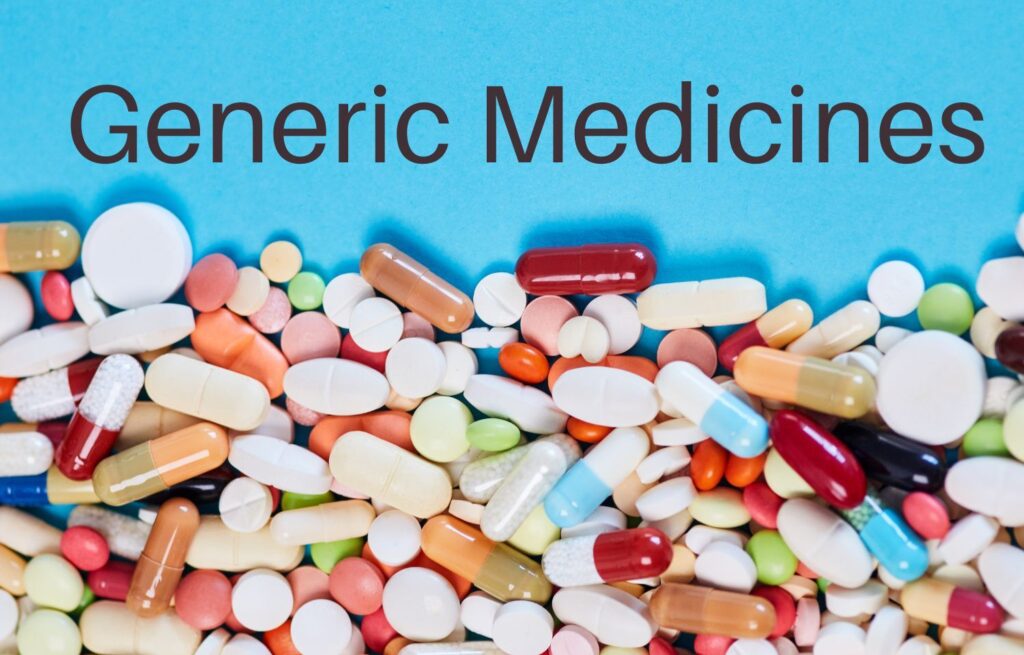Generic medicines are pharmaceutical drugs that are equivalent to brand-name drugs in terms of safety, efficacy, and quality. They contain the same active ingredients, have the same dosage forms (such as tablets, capsules, or syrups), and meet the same rigorous standards set by regulatory authorities like the FDA in the United States or the EMA in Europe.
What sets generic medicines apart is their affordability. Since generic drug manufacturers don’t need to invest in costly research and development or extensive marketing, they can offer their products at significantly lower prices than brand-name counterparts. This makes healthcare more accessible and reduces the financial burden on patients and healthcare systems.
Despite their lower cost, generic medicines are subject to strict quality control and must demonstrate bioequivalence to the brand-name drugs. They provide a cost-effective and reliable alternative to expensive brand-name medications, ensuring that essential treatments are within reach for a wider population.

